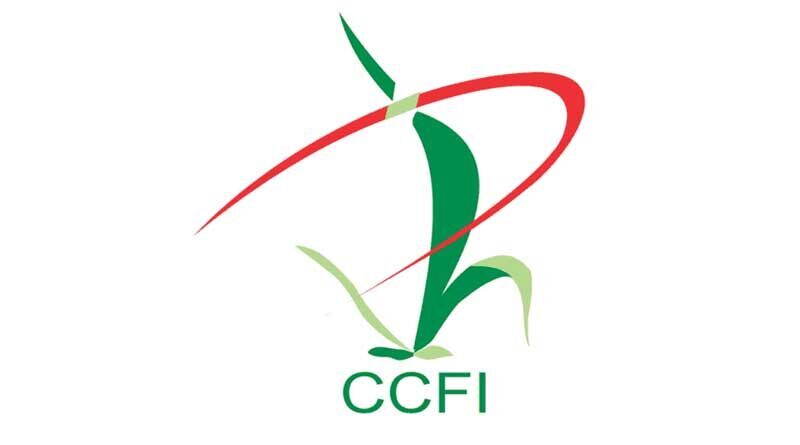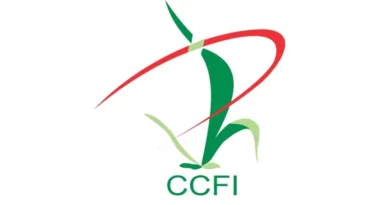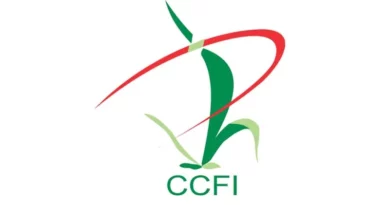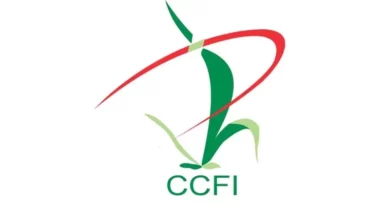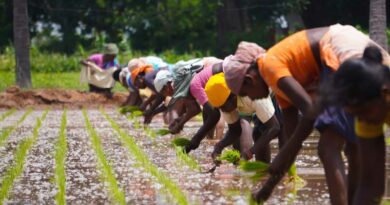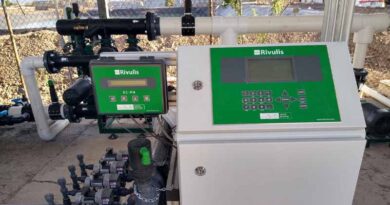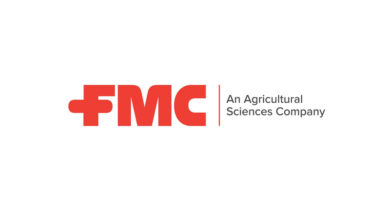Exclusion of Agrochemicals in PLI scheme delayed new investments: CCFI
12 December 2022, New Delhi: Crop Care Federation of India (CCFI) urged Mr. Arun Baroka, Secretary of the Ministry of Chemicals and Fertilisers for expediting the PLI Scheme in Agrochemicals and for notifying operational guidelines for its Implementation.
A representation submitted by CCFI in May 2022 highlighted the importance of agrochemicals and how it is an essential farm input for Indian farmers. A similar representation was submitted by the CCFI in December 2020 as well.
“CCFI is of the view that fresh investment plans are getting delayed to avail the benefit under this scheme. For the implementation of the PLI scheme, a corpus for Rs. 500 crores should be provided by the government during the next 2-3 years. The plan is to make India a manufacturing hub to follow the policy of ‘Make in India’”, mentioned Mr. Harish Mehta, Senior Advisor, CCFI.
The cost of Agrochemicals for farmers is about 4 percent of the total value of the produce, whereas it reduces both pre and post-harvest crop losses to the tune of 22 percent. The dependence on the Chinese for imports of vital products is a high risk in certain important crop-pest segments, endangering the food security of India.
“We can certainly compete with China and gain leadership in agrochemicals once the industry establishes critical manufacturing capacities through inclusion in the PLI scheme”, mentioned Mr. Mehta.
The core group of CCFI members has put together a list of intermediates, technical, and formulations for indigenous manufacturing by enhancing local capacities through new investment.
Industry Recommendation
The recommendation presented by CCFI to the Ministry of Chemicals and Fertilizers includes 35 Intermediates that are currently being imported in order of importance.
List of Top Intermediates
| S. No. | Segment | Product | Intermediates |
| 1 | Herbicide | Metribuzin | 1,2,4-Triazinone |
| 2 | Insecticide | Thiamethoxam | 2-Chloro-(5-chloromethyl)thiazole |
| 3 | Insecticide | Lambdacyhothrin | Lambda cyhalothrin acid |
| 4 | Herbicide | Pyroxasulfone | 4-Methyl-3-Trifluromethyl-1-H-Pyrozole-5-OL |
| 5 | Insecticide | Fipronil | 5-amino-1-[2,6-dichloro-4-(trifluoromethyl)phenyl]-1H-pyrazole-3-carbonitrile |
| 6 | Herbicide | Glyphosate | N-(phosphonomethyl) iminodiacetic acid (PMIDA), |
| 7 | Insecticide | Difenthiuron | 2,6-diisopropyl-4-phenoxy phenyl thiourea |
| 8 | Insecticide | Bifenthrin | Bifenthrin alcohol |
| 9 | Fungicide | Tebuconazole | 1-(4-chlorophenyl)-4,4-dimethyl-3-pentanone |
| 10 | Herbicide | Pretilachlor | 2,6-Diethyl Aniline, Chloro Acetyl Chloride, n-Propoxy Ethylchloride |
| 11 | Insecticide | Chlorpyrifos | 2,3,5,6 Tetrachloropyridine |
| 12 | Insecticide | Imidacloprid | N-nitro iminoimidazolidine |
| 13 | Insecticide | Imidacloprid | 2-chloro-5-chloromethyl pyridine |
List of Technicals & Formulations
CCFI has submitted a list of 81 technicals that are currently being imported along with the source of Import. In the case of Formulation, there is a list of 89 formulations that constitute a major chunk of imports by MNCs and Traders.
As assured by the Government of India the scheme is exclusively for rewarding indigenous manufacturers and does not apply to any imported agrochemicals.
CCFI has also submitted a list of 31 technicals being imported despite having indigenous manufacturing capacity and technical capabilities by the indigenous registrants.
Surge in Imports of Agrochemicals
Unfortunately, imports of agrochemicals have been on an increase even during the COVID-19 period and more thereafter:
Total Agrochemical Import (Last 3 years)
| Financial Year | Total Agrochemical Imports (Rs. crore) | Est. % of Readymade formulations imported |
| 2019-20 | 9096 | 40% |
| 2020-21 | 12410 | 53% |
| 2021-22 | 13360 | 55% |
The figure for 2021-22 may only be indicative as several shipments held up at ports of origin have reached in FY2022-23.
“We are unable to quantify the correct purity profile in imported formulation resulting in the supply of substandard material, and the possibility of expired stock with a toxic profile. The industry expects an investment of Rs. 12,000 crores in the next three years if the proposal is implemented as per Indian Industry recommendation”, said Mr. Mehta.
Also Read: World Soil Day 2022: FAO publishes first global report on black soils
(For Latest Agriculture News & Updates, follow Krishak Jagat on Google News)

